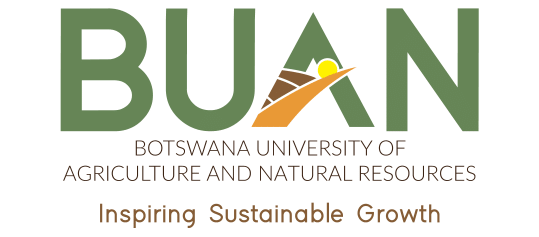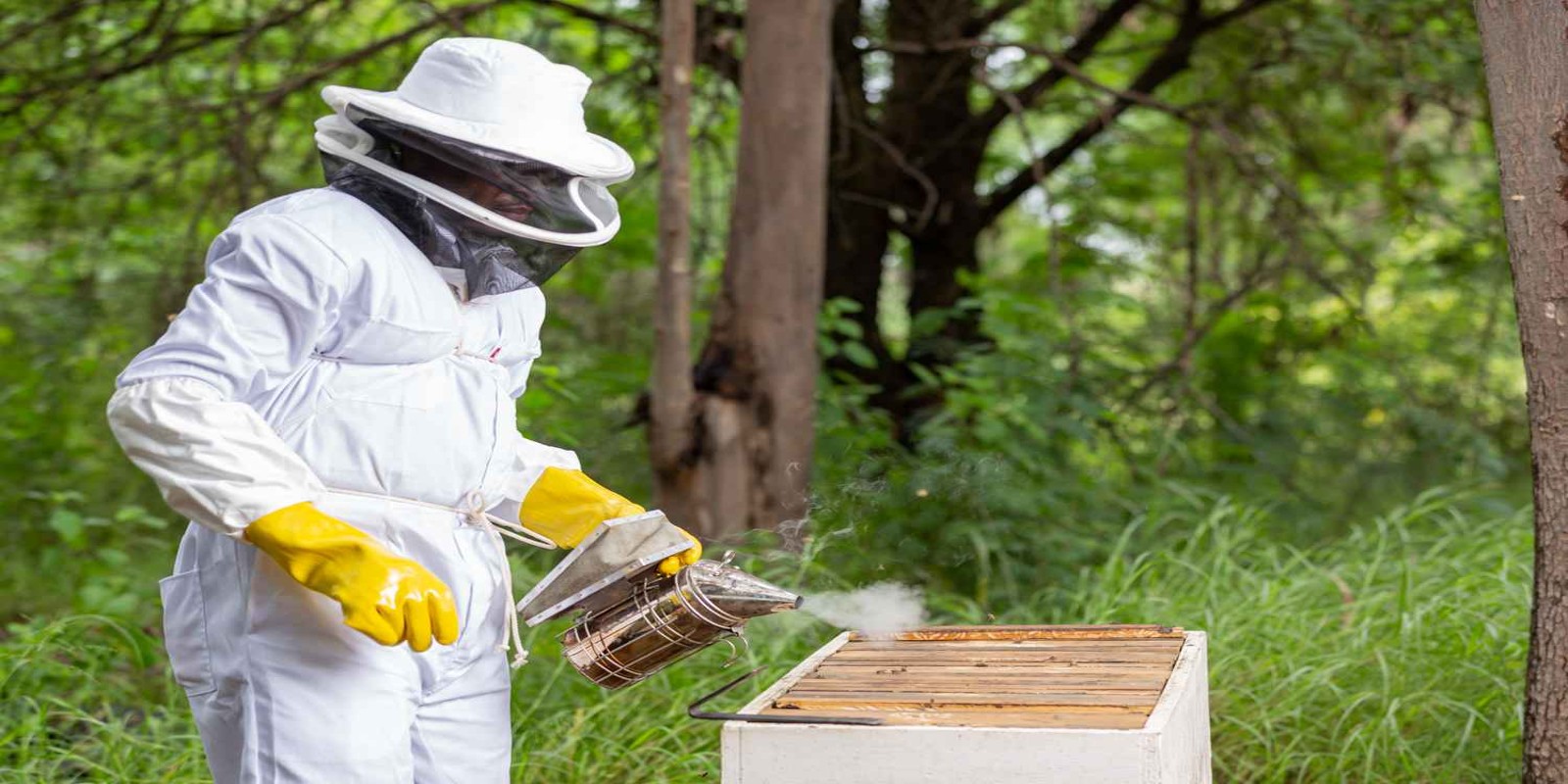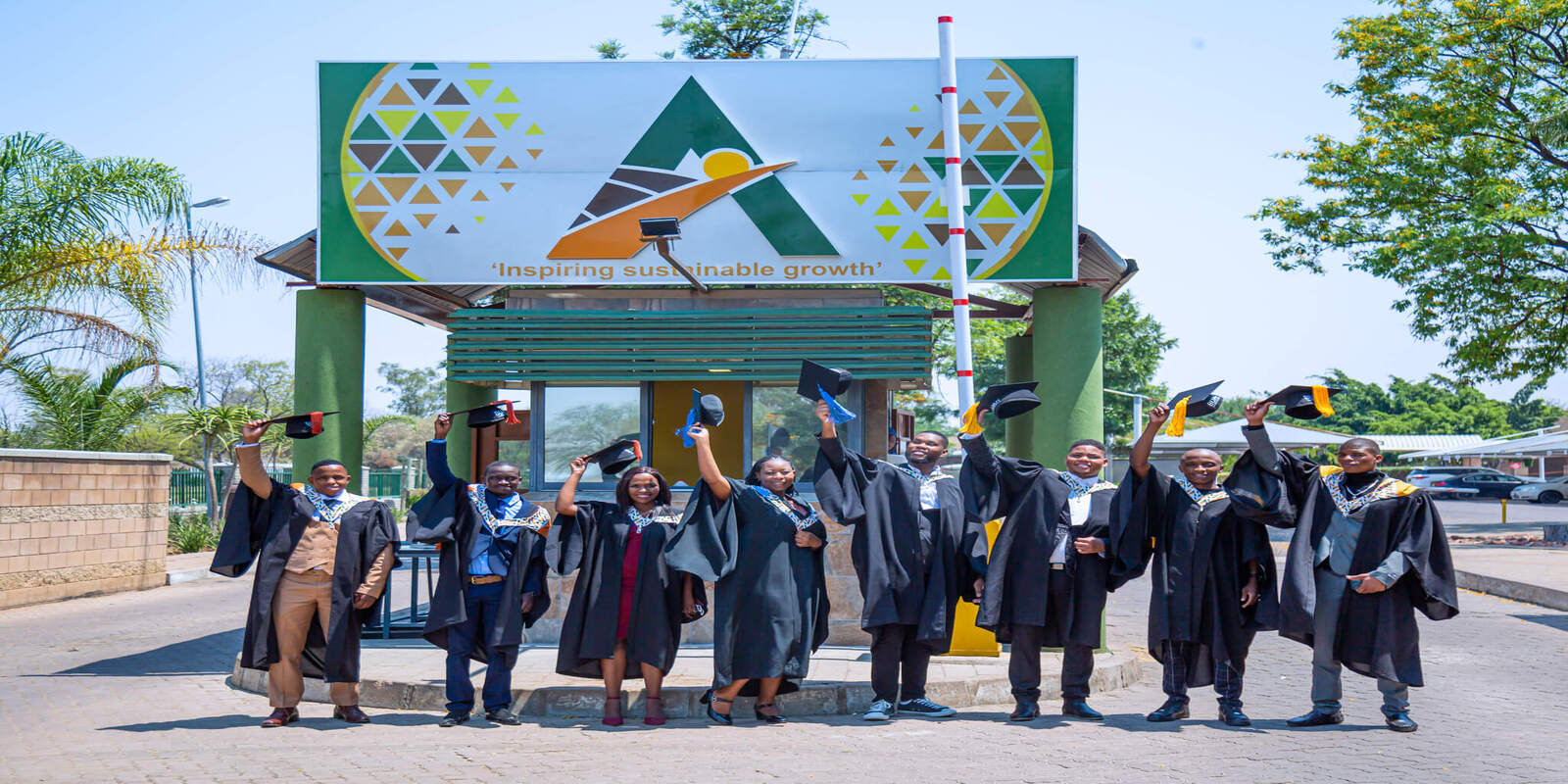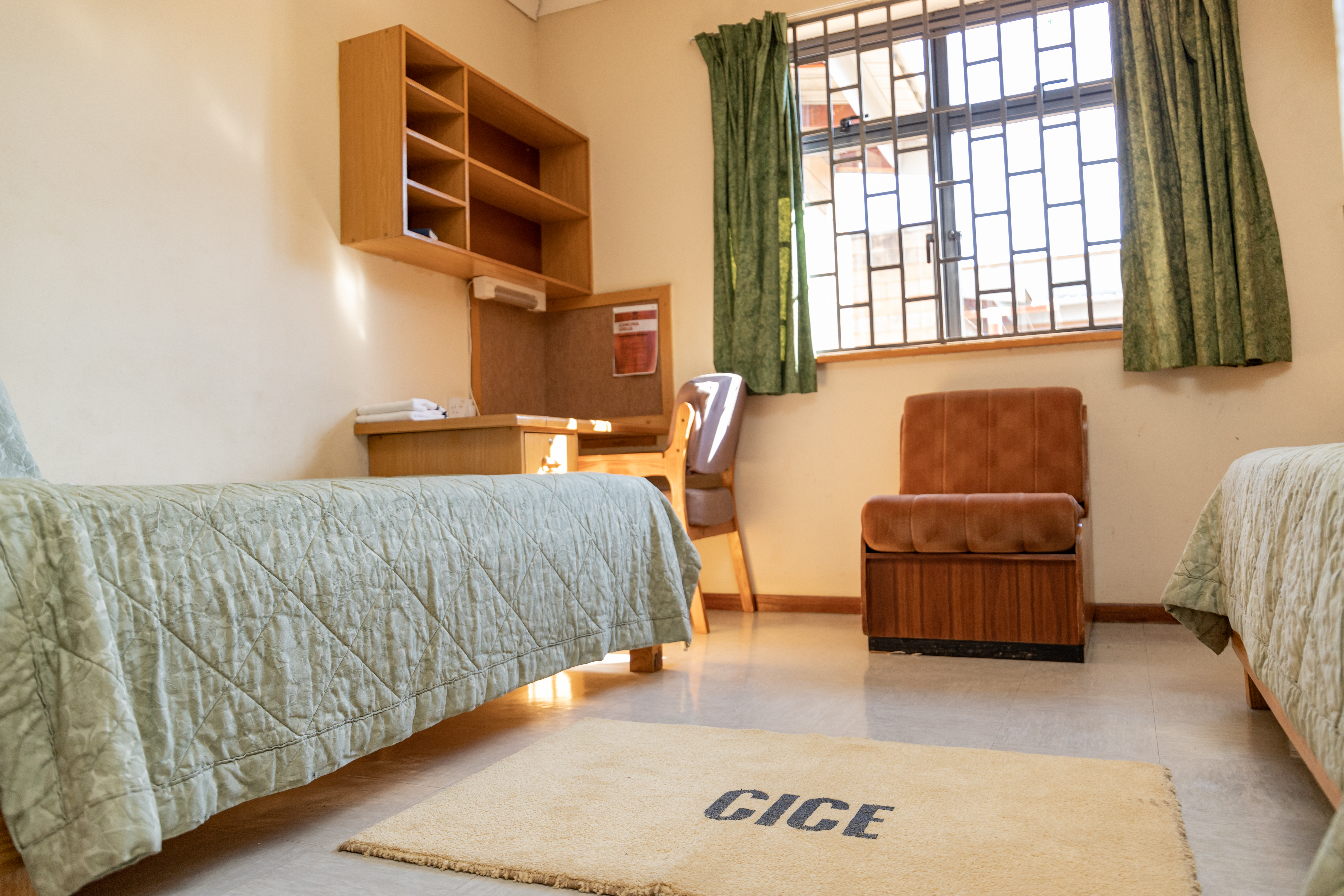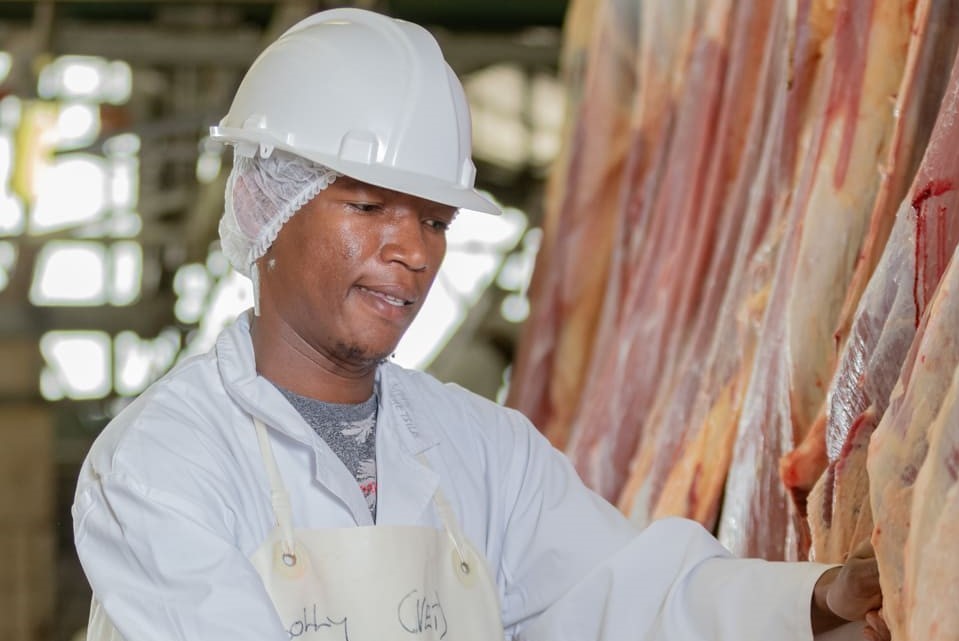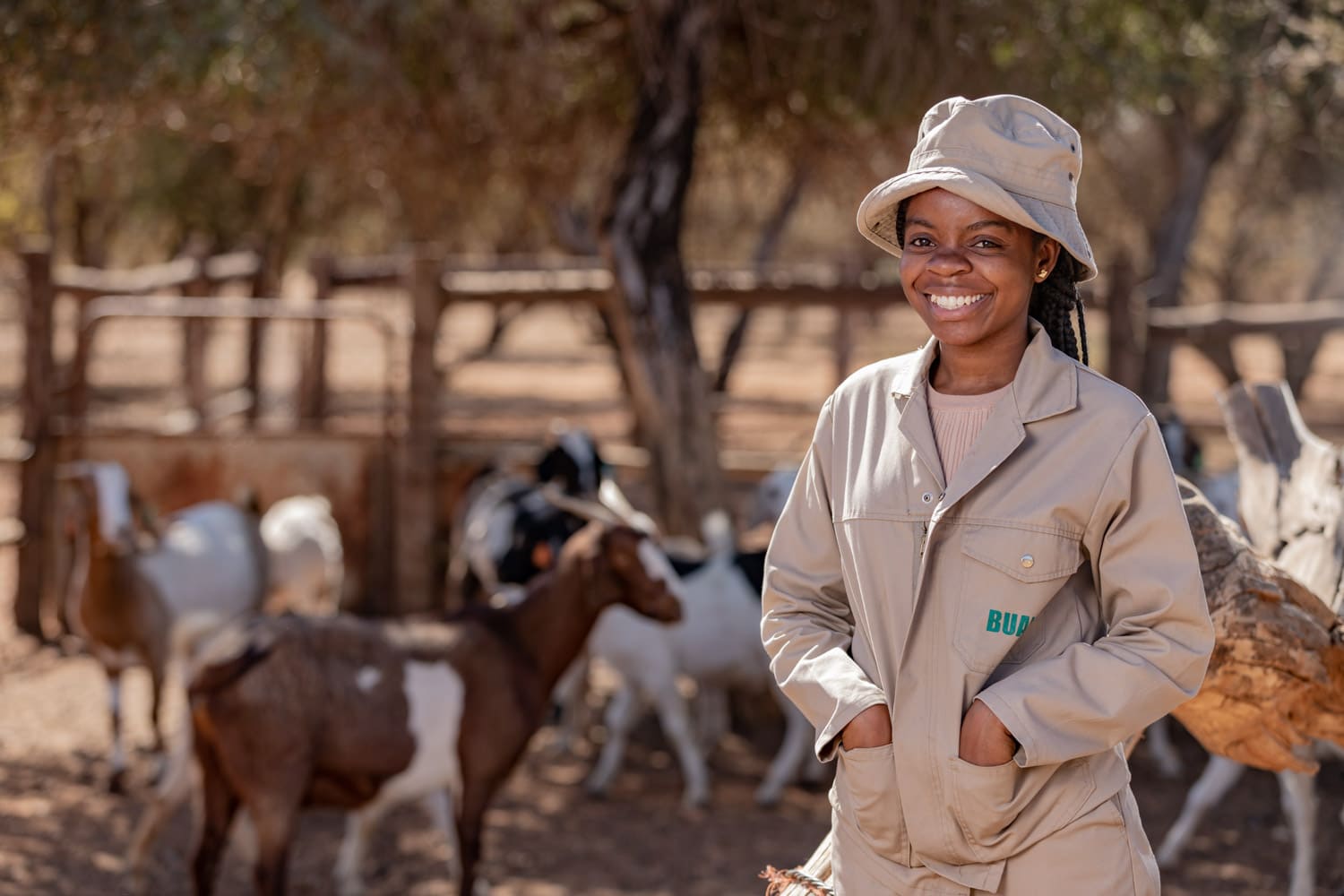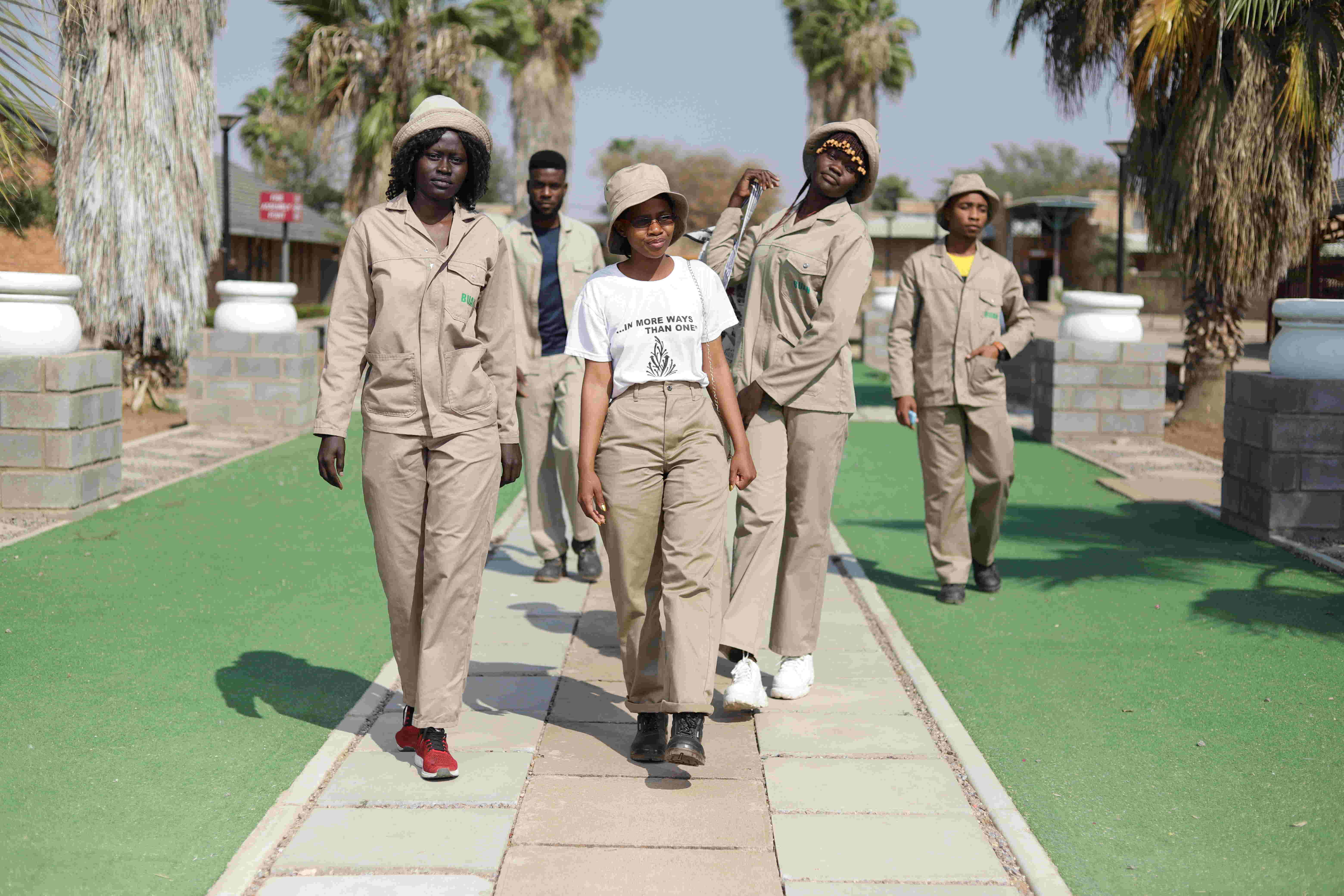RUFORUM 21st AGM Concludes in Gaborone With Strong Calls for Transformative Higher Education and Continental Collaboration
05 Dec, 2025
The 21st Regional Universities Forum for Capacity Building in Agriculture (RUFORUM) Annual General Meeting officially concluded in Gaborone on 4th December 2025, closing four days of intensive dialogue, collaboration, and strategic engagement aimed at strengthening higher education systems and accelerating agri-food transformation across the African continent. Hosted in partnership with the Botswana University of Agriculture and Natural Resources (BUAN), the AGM brought together 1,112 delegates from 45 countries, among them government representatives, ministers, university leaders, researchers, development partners, and industry stakeholders. Delivering the keynote closing address, the Minister of Higher Education, Hon. Prince Maele, commended delegates for their “energy, ideas, and commitment,” noting that the discussions held throughout the AGM demonstrated Africa’s determination to reposition its universities at the centre of sustainable development. He emphasized that the conversations were “honest and brave,” affirming a shared continental resolve to improve the quality, relevance, and impact of higher education. Hon. Maele underscored the urgent need for transformative education models aligned with the demands of the modern labour market and driven by digital innovation, research excellence, strong governance, and inclusivity. The Minister highlighted several priorities that emerged from the session, including the need to adopt fourth-generation university models that integrate teaching, research, entrepreneurship, and community engagement; strengthen digital transformation and invest in emerging technologies; enhance quality assurance systems; diversify funding; and align university programs more closely with national development goals and RUFORUM’s broader vision for Africa. He called on institutions such as BUAN, the University of Botswana, BIUST, and all RUFORUM members to “put into action” the insights gained during the meeting and to build stronger collaborations that accelerate research impact and prepare youth for a rapidly changing world. Hon. Maele also highlighted Africa’s demographic advantage, noting that with 60% of its population under 25, the continent is at a historic turning point. He urged universities and governments to seize this opportunity through deliberate investments in higher education, research, innovation, and youth empowerment. He thanked RUFORUM for choosing Botswana as the host country and expressed his admiration for the unity and purpose demonstrated by delegates, describing them as “people who want a better Africa.” He concluded by officially declaring the AGM closed and wishing all participants safe travels. Earlier, the Chairperson of the Local Organising Committee and BUAN representative, Professor Samodimo Ngwako, presented a comprehensive report summarizing the deliberations and outcomes of the AGM. He noted that the meeting provided a critical platform for examining how African universities can contribute more effectively to the continent’s development agenda. Professor Ngwako reported that the AGM focused extensively on transformative education, investment in research and innovation, agri-food systems development, strategic partnerships, inclusion, and institutional sustainability. He highlighted the unprecedented participation recorded this year, including 791 international visitors and 305 participants from Botswana, and acknowledged the presence of 85 Vice Chancellors and Deputy Vice Chancellors among the delegates. Professor Ngwako emphasized that the Pre-AGM sessions featuring capacity-building workshops, scholarly writing training, resource mobilization seminars, and a youth-focused hackathon demonstrated the region’s commitment to unlocking Africa’s potential by strengthening both institutional and entrepreneurial capacities. According to Professor Ngwako’s report, delegates stressed the need for African universities to respond effectively to technological advancements, climate challenges, and the evolving demands of the global workforce. They also called for stronger industry-academia linkages, improved resource mobilization frameworks, enhanced gender and youth inclusion, and broader regional and continental collaboration to drive innovation and address food security challenges. In closing his report, Professor Ngwako expressed gratitude on behalf of the Local Organising Committee to all delegates, partners, sponsors, government stakeholders, and volunteers who contributed to the successful delivery of the AGM. He noted that BUAN was honoured to have co-hosted the event and affirmed the university’s commitment to advancing RUFORUM’s vision. He concluded with well-wishes for delegates’ safe return journeys and encouraged them to sustain the partnerships and networks established during the meeting. The 21st RUFORUM Annual General Meeting leaves behind a strengthened commitment among African universities, governments, and development partners to collaboratively shape a higher education sector that is innovative, inclusive, resilient, and capable of driving Africa’s agricultural and economic transformation. Preparations now turn toward the next AGM, scheduled to take place in Zambia in 2026.
Hokkaido University Team Assesses BUAN Facilities for Installation of Advanced Metal Analysis Equipment
05 Dec, 2025
On 5 December, a team from Hokkaido University visited the Botswana University of Agriculture and Natural Resources (BUAN) to assess potential locations for the installation of an Atomic Absorption Spectrometer (AAS). The visit marked an important step in the implementation of the Memorandum of Understanding (MoU) signed between BUAN and Hokkaido University, which aims to strengthen research collaboration, capacity building, and technological advancement. The assessment visit is part of activities under the newly launched ZAZINAMBO project, a regional initiative involving Zambia, Zimbabwe, Namibia, and Botswana. The project, launched in September and followed by a hybrid kick-off symposium in Harare, brings together experts in ecology, environmental sciences, biology, toxicology, and engineering from the four participating countries and Japan. BUAN nominated four representatives to attend the International Symposium on the Impact of Chemical and Biological Hazards on the Environment, Animals and Human Health, held alongside the project’s planning meeting at the University of Zimbabwe from 7 to 8 October 2025. One of the key outputs of the ZAZINAMBO project is the establishment and functional operation of laboratories for metal contamination monitoring, making BUAN a central player in developing regional capacity for heavy-metal pollution assessment. Another output involves the creation of a regional network for metal contamination monitoring, an important step in advancing collaborative excellence in innovative technologies for agriculture and natural resources management. The project is designed to support sustainable mineral development by strengthening monitoring systems and building human capacity to address heavy-metal pollution across the four countries. The Atomic Absorption Spectrometer to be installed at BUAN is a crucial instrument for detecting and measuring trace amounts of metals in environmental, agricultural, biological, and food samples. It works by atomizing samples and measuring the absorption of specific wavelengths of light, allowing precise determination of metal concentrations such as lead, arsenic, cadmium, chromium, copper, and zinc. The presence of this equipment at BUAN will significantly enhance the institution’s analytical capabilities, enabling advanced research to be conducted locally and reducing reliance on external laboratories. For Botswana, the installation represents a major milestone in strengthening national scientific infrastructure. It positions the country as an emerging hub for heavy-metal contamination monitoring and supports wider national goals in environmental protection, food safety, and public health. For BUAN, it reinforces the University’s commitment to research excellence and provides invaluable opportunities for staff and students to engage in high-level scientific work.
Sustainability Takes Centre Stage at BUAN During RUFORUM AGM
03 Dec, 2025
Sustainability took centre stage at the Botswana University of Agriculture and Natural Resources (BUAN) on Wednesday as the institution hosted the 21st RUFORUM Annual General Meeting Tree-Planting Ceremony. The event brought together ministers, diplomats, university leaders, development partners and youth climate advocates, all united by a shared commitment to advancing Botswana’s green transition and environmental resilience. In his welcome remarks, BUAN Vice Chancellor, Professor Ketlhatlogile Mosepele, underscored that sustainability is not an abstract concept at BUAN but a defining institutional ethos. He noted that sustainability is integrated into the university’s teaching, research and daily practices, forming a central pillar of its identity. With characteristic humour, he welcomed guests to BUAN’s Blue Gum Tree Park, observing that it is “the only place on campus where even the trees look like they have PhDs.” Professor Mosepele explained that tree planting represents a holistic sustainability intervention addressing climate adaptation, mitigation, environmental education and community engagement simultaneously. He described the activity as both strategic and transformational, reinforcing BUAN’s commitment to climate action, the circular economy and stewardship of natural resources. Referencing the proverb, “The best time to plant a tree was 20 years ago; the second-best time is now,” he emphasised the long-term importance of the initiative for future generations and encouraged guests to help make BUAN “greener, cooler and more resilient, one seedling at a time.” The keynote address by the Minister of Higher Education, Honourable Prince Maele, further highlighted the centrality of sustainability to Botswana’s future. He stated that the event’s theme, “Green Transition and Circular Economy in Botswana,” reflects a national direction that must be intentionally shaped. With Botswana facing intensifying droughts, land degradation and expanding urban pressures, the minister noted that sustainability is now an imperative rather than an option. He emphasised that the country also has significant opportunities to lead the region through evidence-based land rehabilitation, nature-based solutions and environmentally conscious innovation. Honourable Maele commended BUAN for cultivating graduates who are prepared to act as custodians of Botswana’s natural capital. He explained that a circular economy extends beyond recycling and requires a reimagining of how society uses land, water, energy and natural resources, striving for systems that regenerate themselves and minimise waste. Describing tree planting as a symbolic and practical expression of this philosophy, he called it an investment that grows quietly yet powerfully over time. Addressing young people, the minister noted that they stand at the forefront of global environmental repair. He encouraged them to embrace sustainability not only as an academic pursuit, but as a lifelong responsibility that begins with simple, meaningful acts such as planting a tree. The ceremony concluded with the planting of indigenous and climate-resilient tree species across the BUAN grounds and Boitumelo Primary School, leaving a tangible mark of the shared commitment to environmental restoration. The event stood as a clear declaration that sustainability is both a national priority and a collective responsibility one that institutions like BUAN and partners across Africa are determined to advance with purpose and vision.
